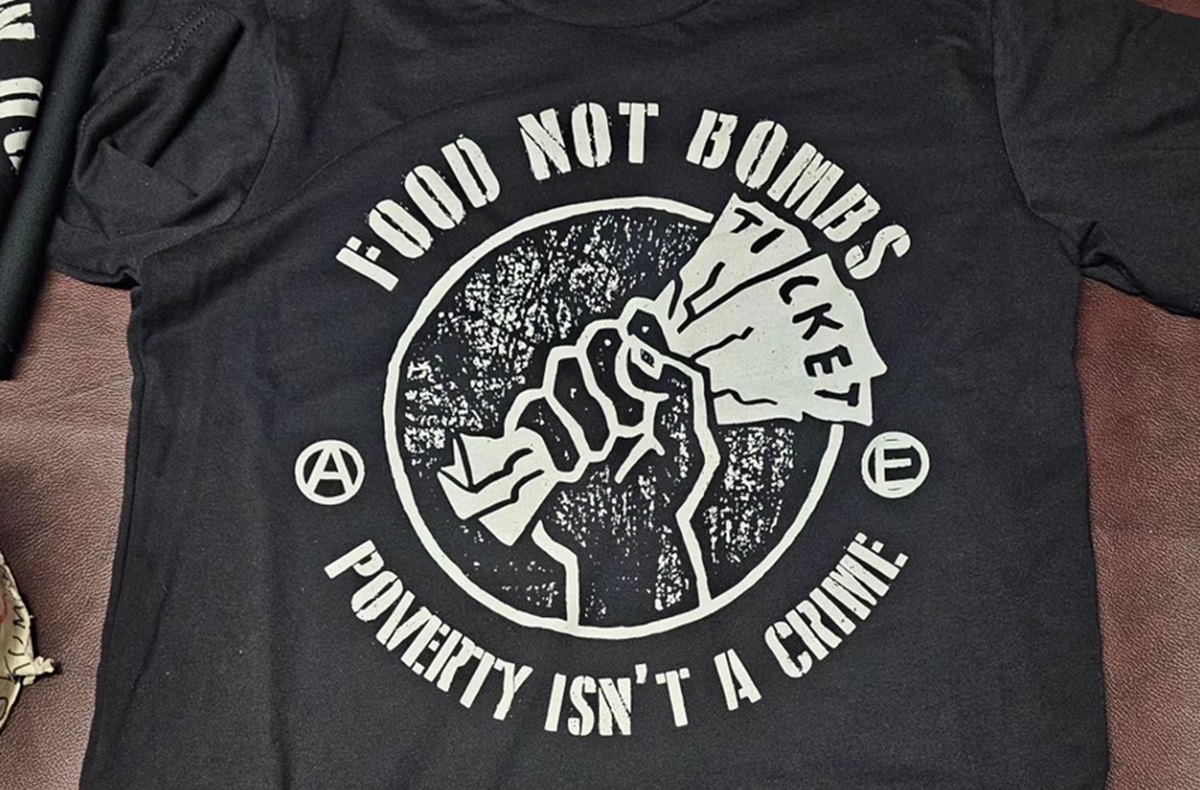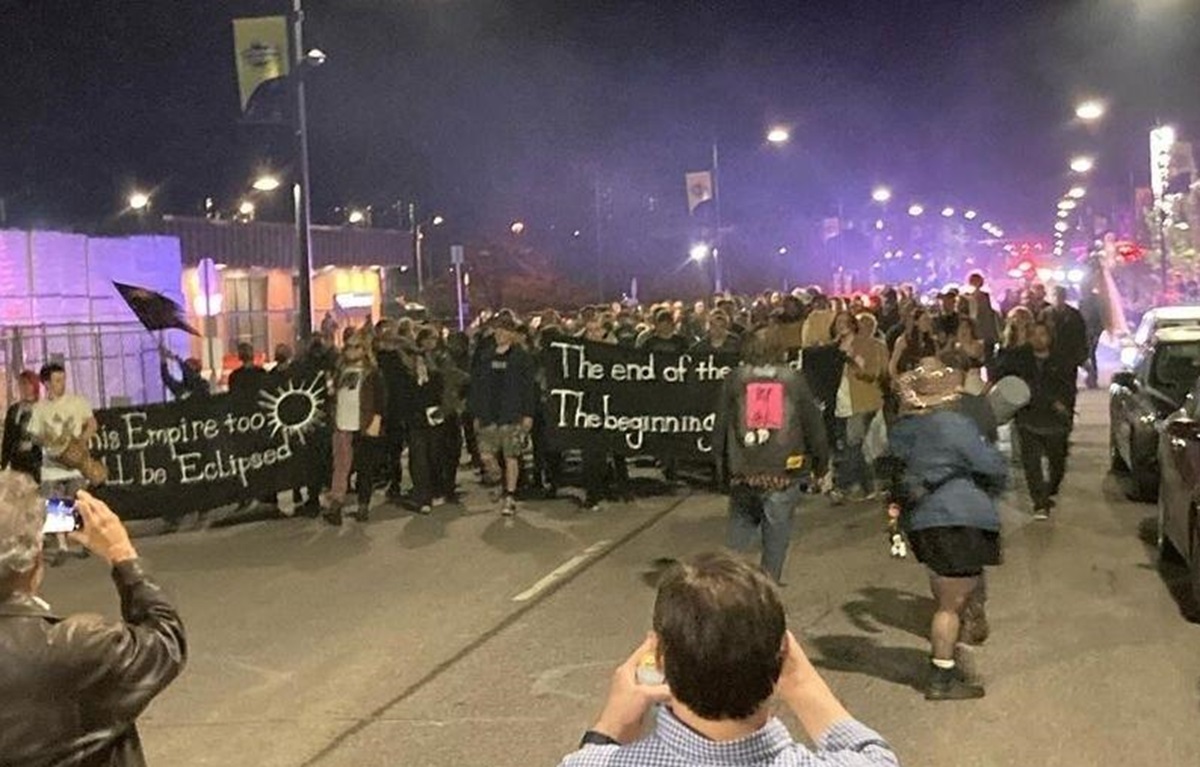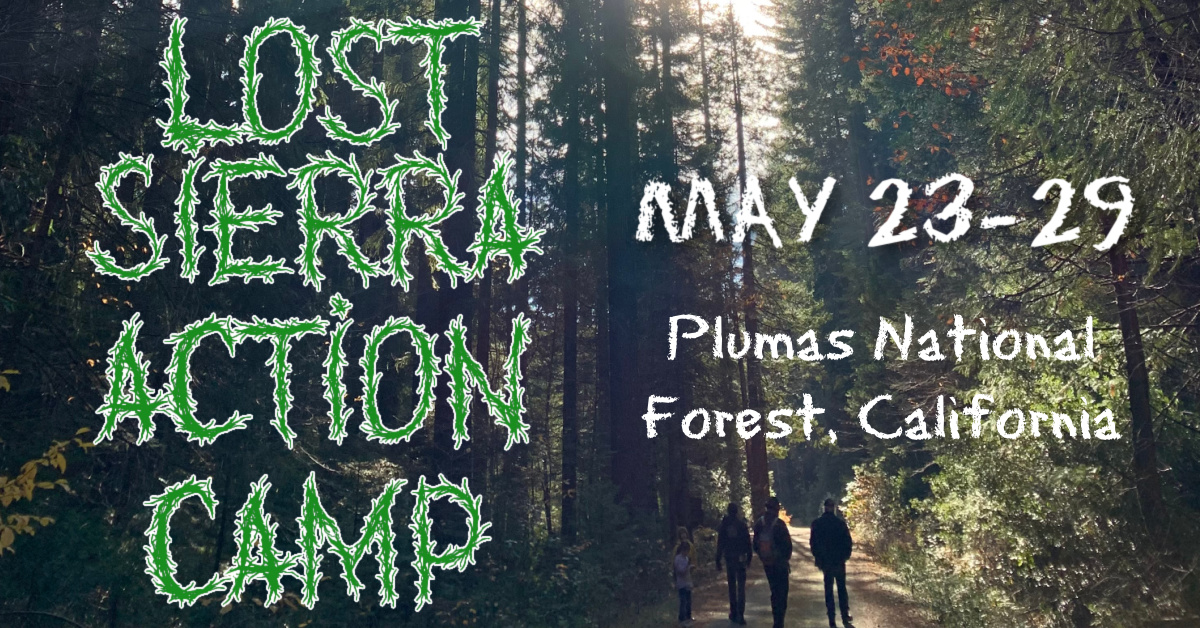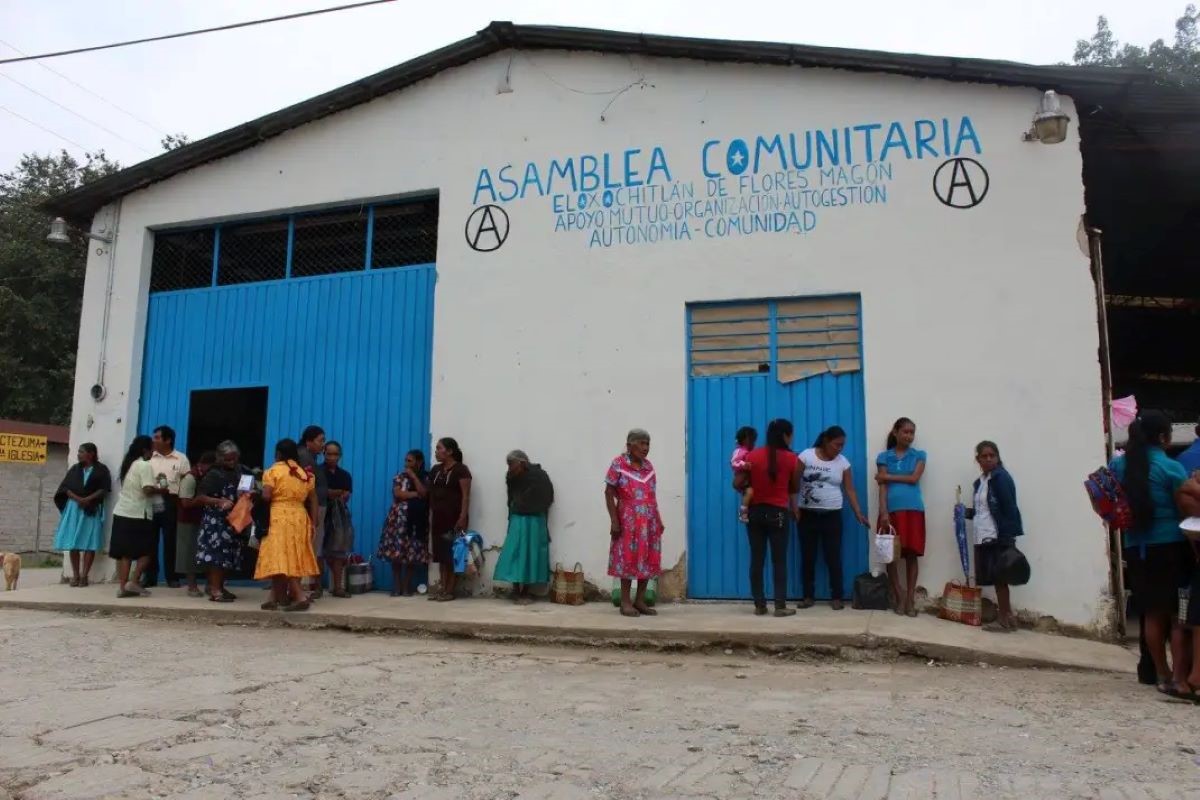Filed under: Canadian Tire Fire, Featured
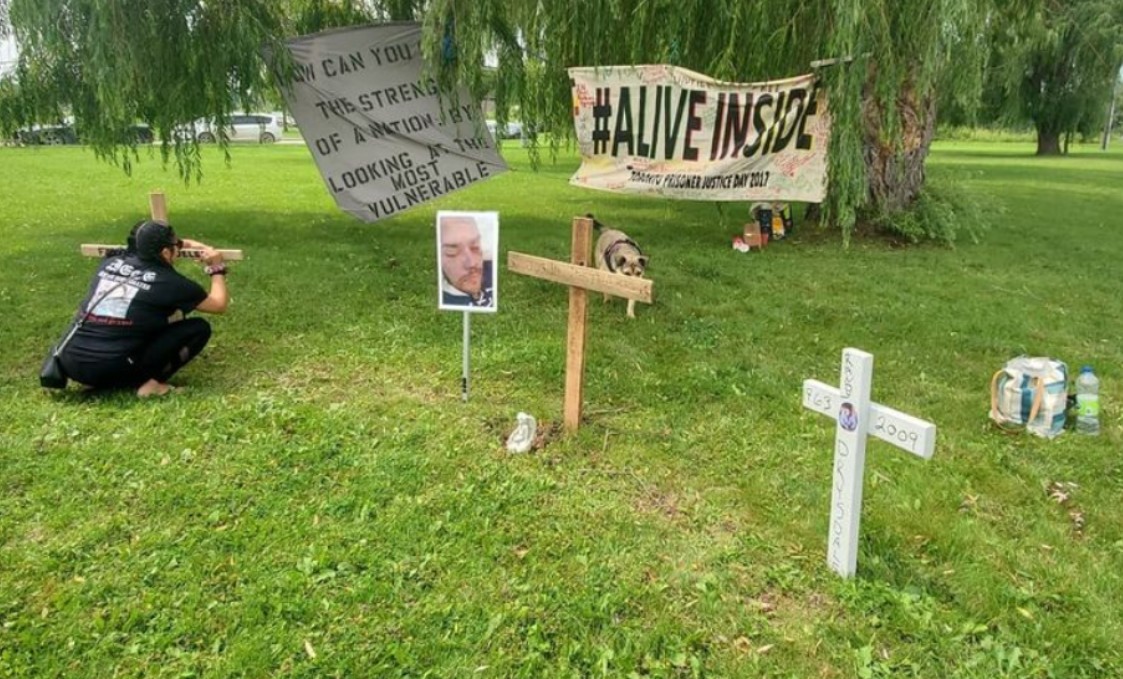
Yet more unmarked residential school graves were discovered this week, this time near the Kuper Island Industrial School on Penelakut Island in so-called BC. As communities across Turtle Island process the renewed grief and anger at the loss of their loved ones, recent weeks also saw backlash against the mourning. In Brantford, ON, a memorial to Indigenous children at the site of a former residential school was burned last week, seemingly by a lone vandal. Last month, a teepee for Indigenous high school students in Grande Prairie, AB, decorated to commemorate victims of residential schools, was also vandalized. Both instances are stark reminders of the racism embedded in Canadian culture – as communities mourn the harm done by the Canadian state, this will inevitably be viewed as a threat by those who take pride in their genocidal nation.
Teepee and residential school memorial at Grande Prairie high school vandalized https://t.co/sAwQghC7MA
— ❥ang (@lamoouche) July 1, 2021
This week also saw the grief at the latest death in an Ontario prison channeled into both a campaign and a widely-attended protest at the facility. Encampment evictions were another trend this week, ranging from communities dealing with the aftermath of recent evictions, to bracing themselves for future rounds of repression. This week also had a number of news items from struggles against the far-Right.
Fantastic 1 year celebration today @1492LBL ❤️ Great music, food, people and vibes. #decolonize #landback pic.twitter.com/NTkrClNFtL
— Rayna Elizabeth (@RaynaElizabeth) July 18, 2021
Finally, this week we wish a happy anniversary to 1492 Land Back Lane, who are still occupying the site of the now-cancelled McKenzie Meadows housing development one year after they began on July 19th 2020!
Encampment Evictions Across Multiple Cities; Groups in Toronto Present “A Path Forward”
A number of cities have seen encampment evictions, or threats thereof, over the past couple weeks. In Montreal, an encampment in a vacant lot with ten residents was dismantled on July 13th, the latest in a string of evictions by the City over the past few months. In Hamilton, encampment residents and community supporters witnessed as the City cleared an encampment and took residents’ belongings on July 7. The Hamilton Encampment Support Network was present and able to distribute new tents and supplies to some of the residents after the encampment was cleared.
🚨STATEMENT🚨 Today, we saw @JohnTory and City Council refuse to acknowledge #APathForward and uphold the #HumanRights, including the #RightToHousing, of unhoused people in @cityoftoronto. But the fight for a better way does not end here.
READ: https://t.co/xisAFmPJoX
— Toronto Drop-in Network (TDIN) (@TODropinNetwork) July 15, 2021
In Vancouver, residents of the previously-contested Crab Park were warned on July 8 that if they did not permanently vacate they would face arrest. As reported in the Tiyee, following the eviction order, some residents left for fear of losing their pets or belongings. Others are waiting to hear further from City on alternate housing options. For housing-insecure folks in Vancouver, the choice often comes down to outdoor living or Single Room Occupancy housing, a type of high-density rooming house. SROs come with a range of challenges, from pest infestations, poor maintenance, high rates of theft, and increased COVID transmission risk.
It is likely that these few publicized evictions are just the tip of the iceberg. Across multiple cities, it is clear that government responses to the housing crisis are inadequate and inhumane. Encampment clearings serve to further the marginalization of those experiencing homelessness, and undermine their self-determination and community.
This week in Toronto, following an aggressive encampment clearing on June 22, housing advocacy groups published a letter to Toronto mayor John Tory entitled “A Path Forward.” The letter included 15 proposals on the City’s approach to encampments, shelters, and creating permanent housing. It was signed by over 200 community members and groups. The mayor declined to consider the letter at council, and instead repeated the same talking points about the work the City is doing to move people into shelters.
Forest Fires in Northwestern Ontario Force Multiple First Nations to Evacuate
The hellish heat wave, drought, and forest fires caused by the climate crisis continue to ravage many communities across so-called Canada. Multiple communities across BC remain on high alert for evacuation as wildfires continue to burn out of control there. Meanwhile, in Ontario, several First Nations have had to urgently evacuate. According to CBC, Pikangikum First Nation Chief Dean Owen said “Our community is in a race against time, with so many communities being evacuated due to the fires, we are all competing for limited resources and space.” It is the third time in three years that Pikangikum has had to evacuate members due to forest fires.
In the same province, Poplar Hill, a fly-in First Nation, has had to evacuate its whole community. Additionally, Deer Lake First Nation has been forced to evacuate vulnerable members. Multiple other First Nations are on high alert.
A group representing dozens of northern Ont., First Nations is calling on the province to declare a state of emergency due to wildfires. https://t.co/u7s1XlsIDM
— CTV News Northern Ontario (@CTVNewsNorthern) July 15, 2021
The crisis has prompted Nishnawbe Aski, an organization representing 49 First Nations, to call for the province to declare a state of emergency and free up more resources to support the many Indigenous communities at risk of evacuation as more than 70 fires burn in northwestern Ontario. As reported by CBC, the province responded by passing the buck to the federal government, with a representative stating: “In Canada, emergency management in First Nation communities is the responsibility of the federal government. In Ontario, we have an agreement with the federal government to provide some preparedness and response activities in First Nation communities.”
As we saw when Lytton First Nation was being evacuated, the government prioritizes many things over the safety of Indigenous people. The ongoing crisis makes clear that communities already taking the brunt of the ongoing violence of capitalism and colonialism will also face find themselves disproportionately impacted by these systems’ impact on the climate.
Prison News: No More Deaths In Custody, Riot in Rivière-des-Prairies Detention Centre
As more details emerge about the death of Brandon Marchant, a prisoner in the Elgin-Middlesex Detention Centre (EMDC), other prisoners, his loved ones, and prison advocates are demanding action. Brandon was taken off life support on July 6 after being fatally beaten by five guards and abandoned in his cell on July 3. At least one other prisoner has spoken about the psychological impact of witnessing the beating: “In jail, we are supposed to be protected, not killed… The screams caught my attention. I will never forget those screams.” In the aftermath, the Toronto Prisoner Rights Project released a statement and launched a petition titled “No More Deaths in Custody,” calling for immediate action against the guards involved. They have pointed out that there have been 19 deaths in EMDC since 2009. In fact, a memorial outside the prison commemorating the deaths of prisoners was recently ordered to be taken down due to complaints made by the guards’ union. Prisoner deaths are followed by a drawn-out, bureaucratic review, which have clearly done little to address the dangerous environment of violence and neglect that prisoners face. On July 17, nearly 1000 people gathered outside EMDC to protest the death of Brandon and other prisoners. The protest included an estimated 500 bikers, as well as a healing circle led by members of Chippewa of the Thames First Nation.
PHOTOS: Hells Angels and others descended on London's provincial jail, the Elgin-Middlesex Detention Centre, to protest the death of 32-year-old inmate Brandon Marchant. He's the 19th person to die at the jail since '09: https://t.co/V4wBafi5Ms
📸: @DaleatLFPress #LdnOnt #onpoli pic.twitter.com/JoG4YS643A
— London Free Press (@LFPress) July 17, 2021
As reported in last week’s column, this incident echoes an incident a few days prior in the Saskatoon Correctional Centre, where a man who was stabbed 14 times by another inmate was denied proper medical care, leading to a hunger strike in the facility.
Meanwhile in Quebec, a riot involving dozens prisoners and lasting around 3 hours broke out at the Rivière-des-Prairies Detention Centre on the evening of July 14th. Prisoners smashed windows and set fires on multiple ranges before being suppressed by pepper spray. Despite being repressed, the riot caused extensive damage to the affected ranges. The president of the union representing the prison guards said that tensions have been rising over the past number of months, blaming short staffing for an increase in lockdowns and exhaustion amongst the guards.
Doxxing of Neo-Nazi, Anti-Mask Event Cancelation Among List of Losses for Far-Right
As reported by Vice Magazine, a Canadian neo-Nazi known by the alias “Dark Foreigner” has been doxxed, with his identity revealed as 20-something Patrick Gordon MacDonald, a graphic designer from suburban Ottawa. His identity was revealed to the media by someone who was formerly involved in his neo-Nazi scene. MacDonald offered his skills in graphic design to the movement by designing propaganda, saying he hoped to “learn about how to do proper activism, and to develop proper skills that would assist in fascist activism in Canada and what not.” He became well-known in circles of neo-Nazi accelerationists including the Base, Atomwaffen, and followers of James Mason, author of the book, Siege.
MacDonald succeeded at hiding his identity for quite some time, but with his name revealed, other details of his life were made public as well. For instance, he runs a seemingly unsuccessful graphic design studio in Ottawa called Helios Design Studios.
Adding to the rough week for the Canadian far-Right, widely hated Calgary mayoral candidate and anti-masker Kevin J. Johnston plead guilty to charges including harassment, disappointing his followers who believed he would fight them.
THREAD:
The anti-masker violence in Chinatown on Saturday was entirely predictable and avoidable. /1 https://t.co/6Zowz8d7NV
— Canadian Anti-Hate Network (@antihateca) July 13, 2021
In other news, a debate-turned-interview organized in Toronto’s Chinatown between lawyer Caryma Sa’d and anti-masker and holocaust denier Chris “Sky” Saccoccia was almost prevented by anti-fascist organizers who attempted to block Saccoccia and his racist followers from arriving. Saccoccia and his fans broke through the barricade, smashing one anti-fascist’s head with a bottle, punching another in the face, and causing other scuffles. There has been a lot of fallout and discussion on social media since, with anti-fascists and anti-racists explaining the importance of no-platforming fascists as organizers double down on the importance of “dialogue”.
In better news, another event connected to Saccoccia has been cancelled. The Road To Freedom Across Canada Motorcade was supposed to feature anti-mask and anti-lockdown advocates promoting their analysis in Tyendinaga Mohawk Territory on July 17th. However, as reported by Quinte News, following much pushback by community members, the event has been cancelled. It appears the group may have rescheduled the event for North Bay, though this could not be confirmed.
Harm Reduction Groups Distribute Free Safe Drugs Outside Police Station in Vancouver
On July 14th, the Vancouver Area Network of Drug Users (VANDU) and the Drug User Liberation Front (DULF) distributed free, tested heroin, cocaine, and crystal meth to drug users right outside the Vancouver police department.
ALSO note the bigger boxes containing 3.5 grams. This demonstration is also a protest of the City of Vancouver's decriminalization plans (https://t.co/94tTaFPM9A), which propose initial thresholds lower than that.@VANDUpeople + @DULFBC's reasons why: pic.twitter.com/xKmNpLoVWc
— Andrea Woo | 鄔瑞楓 (@AndreaWoo) July 14, 2021
They later held a block party featuring live music and free food. The action was aimed to provide safe drugs to those who would normally use drugs that could be laced with fentanyl. They also held the event to call for safe supply in contrast to Vancouver’s proposed drug policy, which they say will increase criminalization and deaths.
Nearly six people died per day of drug overdoses in BC during the month of April.
💉OCCUPY FOR SAFE SUPPLY 💉 Thank you @DULFBC and @VANDUpeople 💗💗💗 pic.twitter.com/Yo8rvyk0Pd
— Claudia L. (@claud_lange) July 14, 2021
You can find both VANDU and DULF on twitter to follow their work.
Dramatic Increase in Rejections of Migrants’ Humanitarian Grounds Applications
In a July 13 press release, the Migrant Rights Network released new data showing that the rejection rate for Humanitarian and Compassionate permanent residency applications doubled between 2019 and 2021. In the first quarter of 2021, 70% of applications were rejected, compared to 35% in 2019. H&C applications present the sole route to permanent residency for undocumented migrants, and are described in the release as a “last resort.” Without the protection of permanent resident status, undocumented migrants, especially workers, are particularly vulnerable to exploitation, and cannot access basic rights and services granted to other “Canadians.” The Migrant Rights Network has pointed out that with Canada’s focus on temporary permits, it is easy for temporary residents to fall through the cracks and become undocumented, estimating that there are over 500,000 undocumented migrants in Canada. Granting status to those already in the country will improve protections and quality of life for people who are already community members and workers in so-called Canada. No official policy change has been announced to explain the increase in rejections, leaving critics with serious questions about what is going on behind the scenes.
No one must be left behind. Unite with us. Take action with starting July 18 as we go to Ottawa to call for #StatusforAll: https://t.co/wCUNsYJyKT
— Migrant Rights Network #StatusforAll (@MigrantRightsCA) July 16, 2021
In May, the federal government launched a new application pathway to permanent resident status, but undocumented migrants were ineligible. The Migrant Rights Network is calling for a week of actions to demand Status For All from July 18-25, culminating in large-scale actions across several cities on July 25.
COVER IMAGE: @torontoprisonersrightsproject on Instagram


